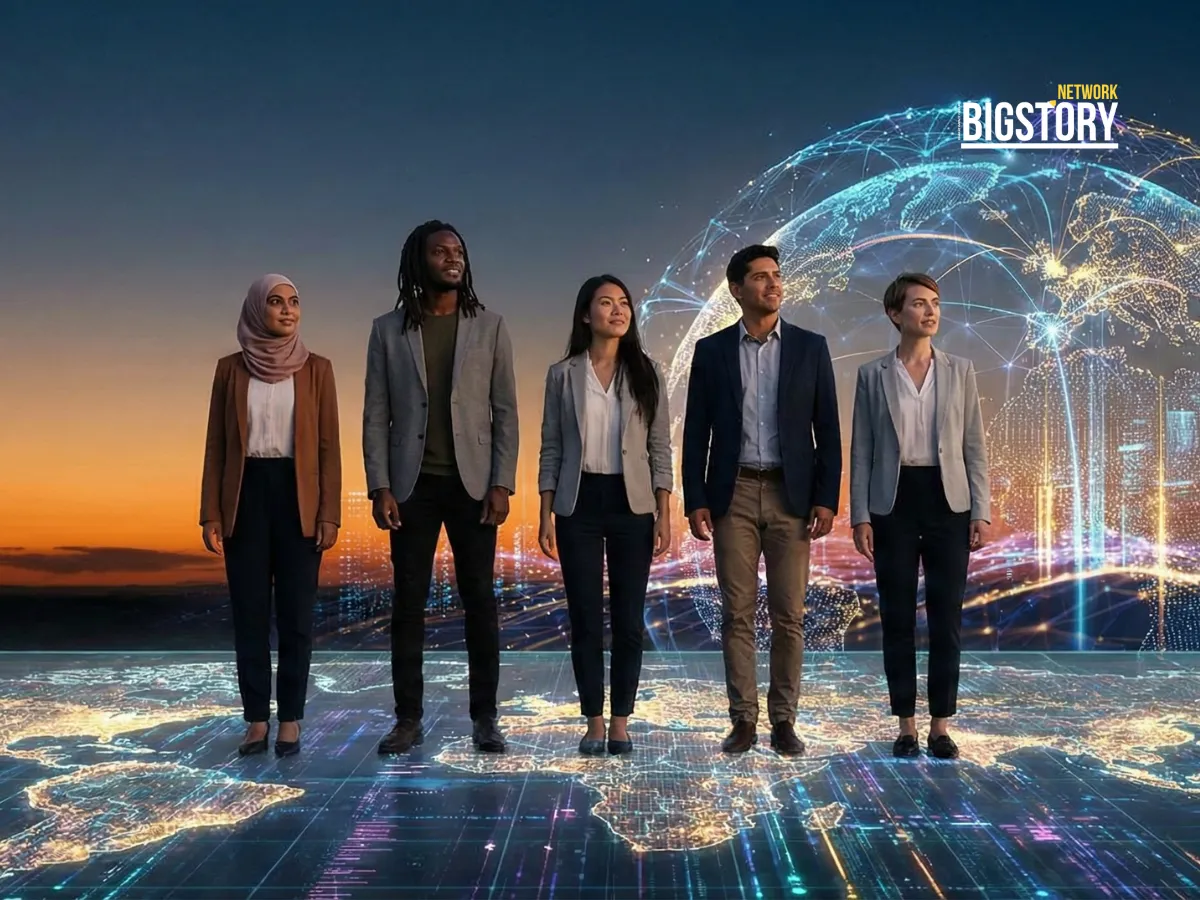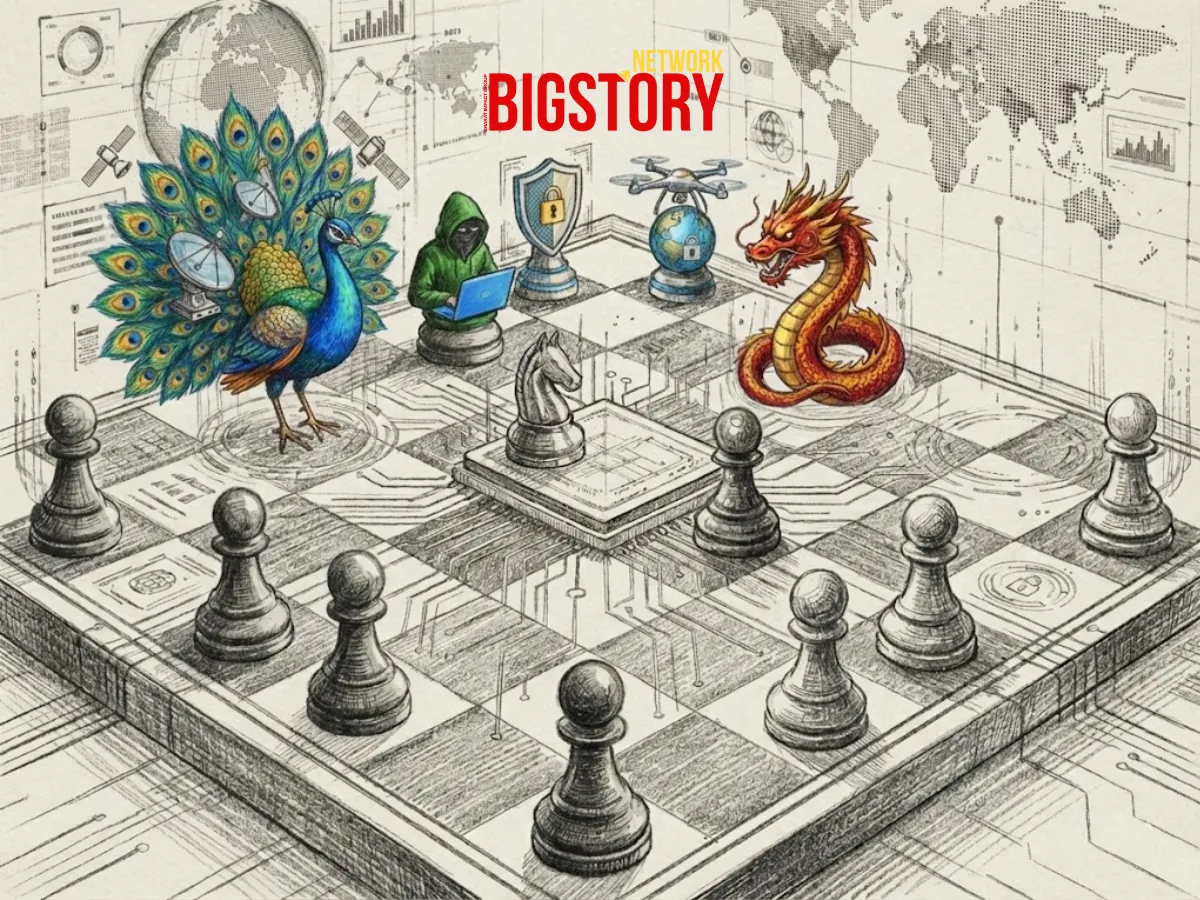Discover how Gen Z is navigating the age of AI—unlocking careers, driving innovation, and shaping a future of ethics, creativity, and collective growth.
 Suneel Patel
Suneel Patel
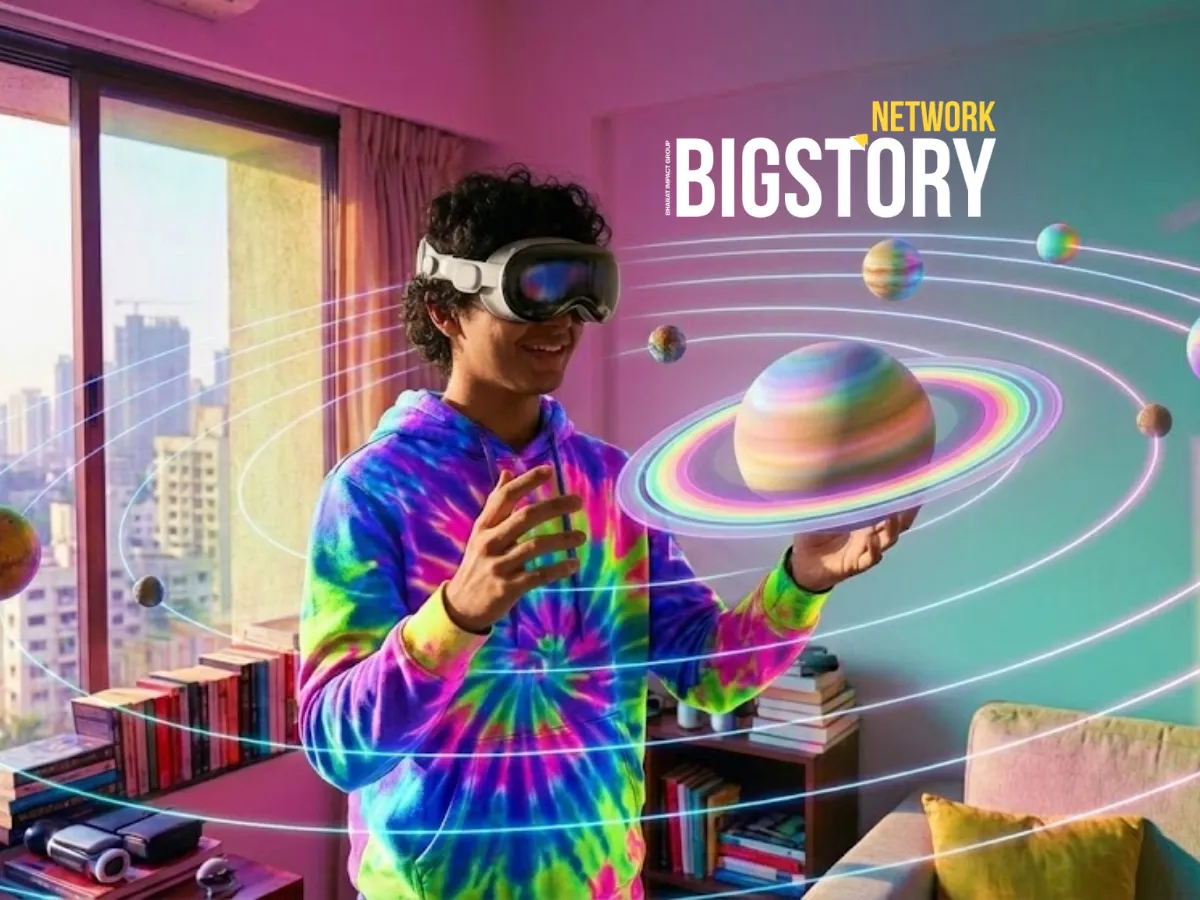
Gen Z, born between 1995 and 2012, is the first generation to grow up fully immersed in digital technology. Smartphones, social media, and streaming platforms are everyday essentials. Now, as they step into universities, careers, and leadership roles, they face another major shift: the rise of Artificial Intelligence (AI).
AI is no longer just a technology; it is reshaping how societies operate, how economies are built, and how people define success. For Gen Z, this presents both extraordinary promise and profound challenges.
The opportunities are undeniable. According to the World Economic Forum’s Future of Jobs Report 2023, AI and automation are expected to generate nearly 97 million new roles globally by 2027.
These roles are not limited to coders or engineers – they include AI trainers, digital ethicists, prompt designers, and new professions yet to be defined. For a young person in Bharat, Lagos, or São Paulo, the AI revolution could open career paths that simply didn’t exist a decade ago.
AI-powered tools have also democratised the creator economy. A 22-year-old entrepreneur in Pune can now:
— all without the support of a large team or corporate infrastructure.
The new economy is no longer about resources but resourcefulness. AI lowers the barriers to creativity, entrepreneurship, and global collaboration. Gen Z can now build companies, brands, and platforms with minimal cost while reaching audiences worldwide.
This power comes with responsibility – to use technology not just for profit, but for purpose.
Education is being reshaped rapidly. While traditional classrooms struggle to adapt, AI-powered EdTech platforms are already personalising lessons for millions.
Geography is no longer a barrier – digital fluency and skills are the new passport.
AI is evolving faster than education systems. Many universities still teach outdated curricula, leaving graduates unprepared for jobs requiring machine learning literacy, data fluency, and ethical reasoning.
AI systems inherit human biases and can amplify stereotypes, spread misinformation, or be weaponised for manipulation. Gen Z must go beyond “how do we use this tool?” to ask: Should we use this tool at all?
AI-driven social media already fuels comparison culture and anxiety. A Deloitte Global 2022 survey found that 46% of Gen Z felt stressed most of the time due to digital overload. With deepfakes and hyper-realistic misinformation on the rise, safeguarding mental health will be as important as learning technical skills.
Gen Z cannot escape the global dynamics of AI:
Meanwhile, semiconductors, 5G, and quantum computing have become flashpoints of global rivalry. Add misinformation, surveillance risks, and climate challenges, and Gen Z is inheriting a complex, high-stakes future.
Despite the turbulence, young people worldwide are already demonstrating how AI can be a force for good:
AI is not a replacement for human ingenuity – it is a collaborator. To thrive, Gen Z must embrace the Creator Mindset, which means:
Bharat’s ambition of Viksit Bharat @ 2047 – a fully developed nation by the centenary of independence – hinges on AI-driven innovation led by Gen Z. Globally, this generation can serve as bridge-builders, using AI not just for profit or conflict, but for peace, equity, and sustainability.
AI is not a threat – it is a tool. And tools take the shape of the hands that wield them.
For Gen Z, the question is no longer whether AI will change the world – it already has. The real question is:
Will they shape that change, or simply be shaped by it?
The answer will define not just their future, but the trajectory of humanity itself.

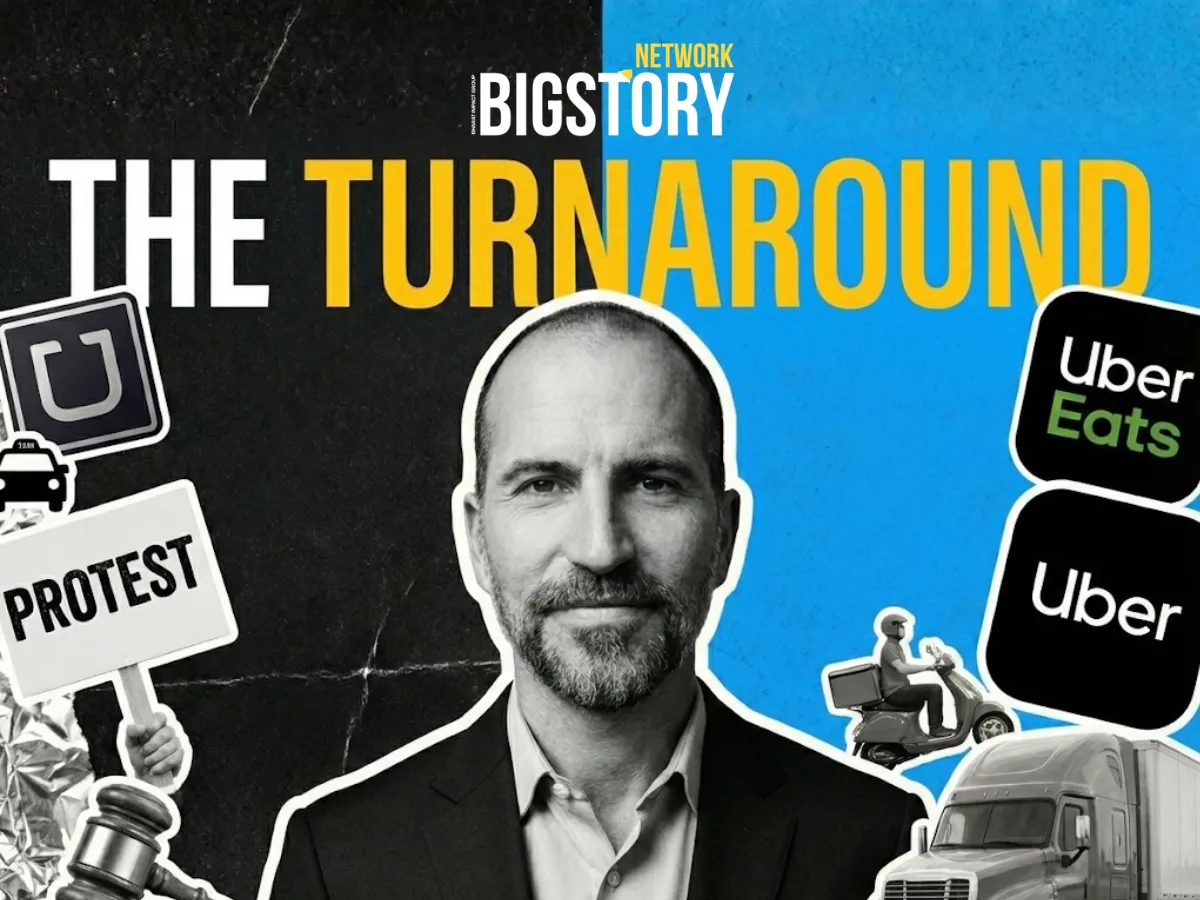


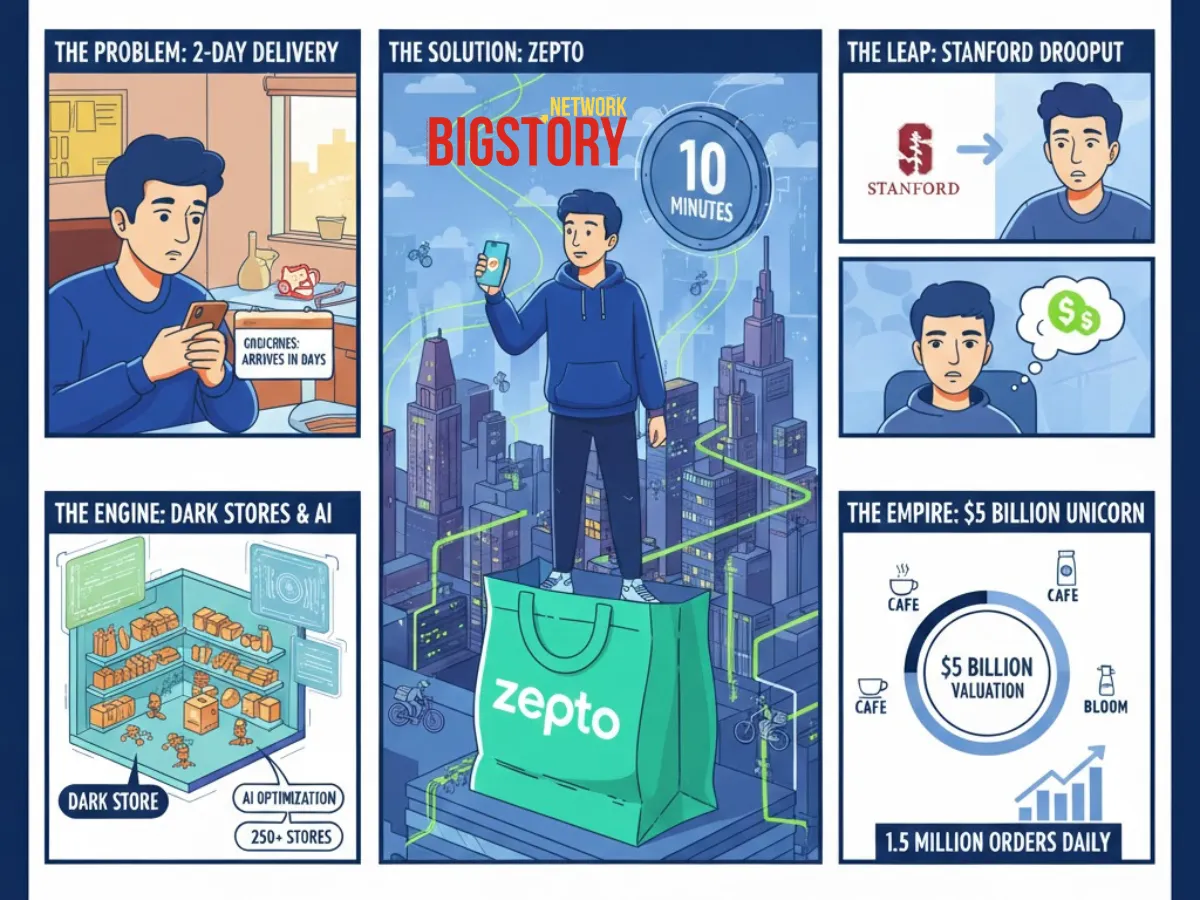
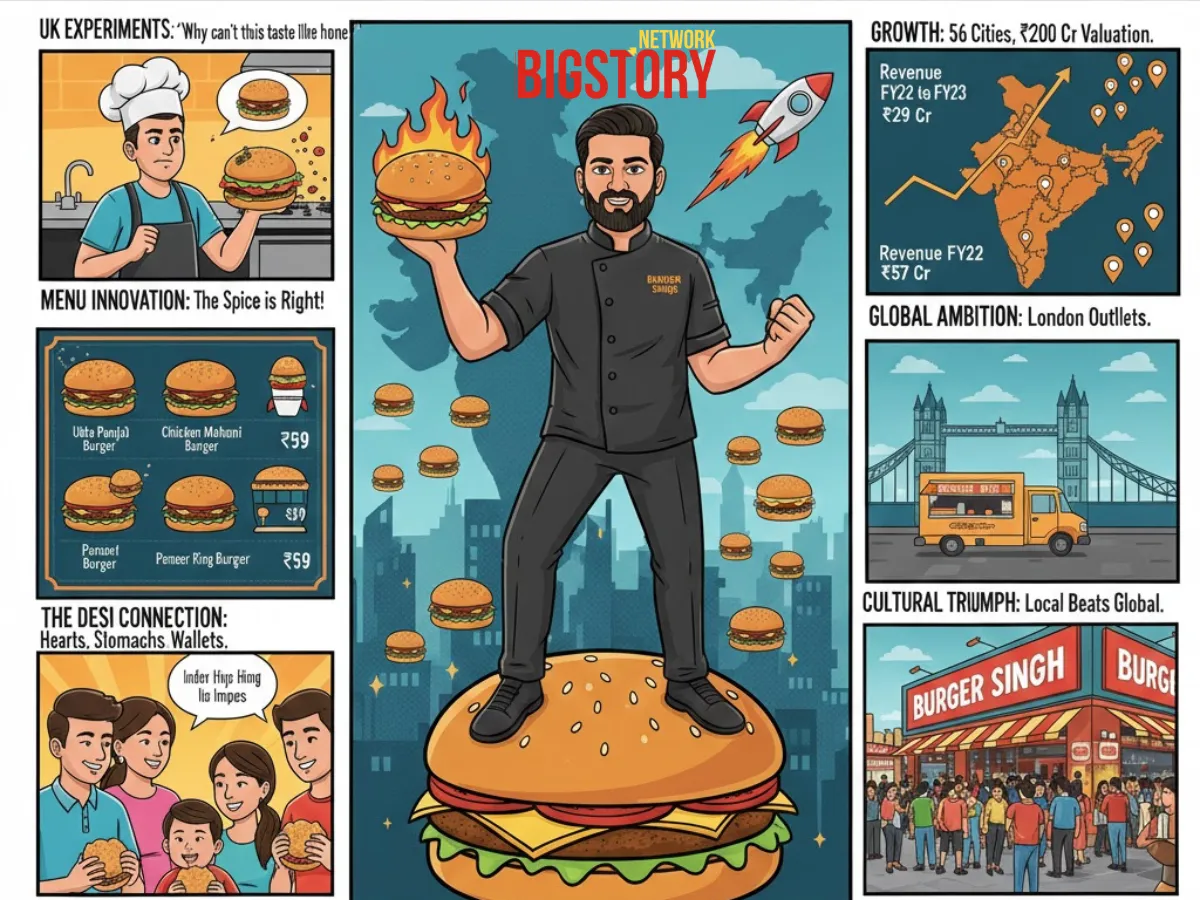
Sign up for the Daily newsletter to get your biggest stories, handpicked for you each day.
 Trending Now! in last 24hrs
Trending Now! in last 24hrs
